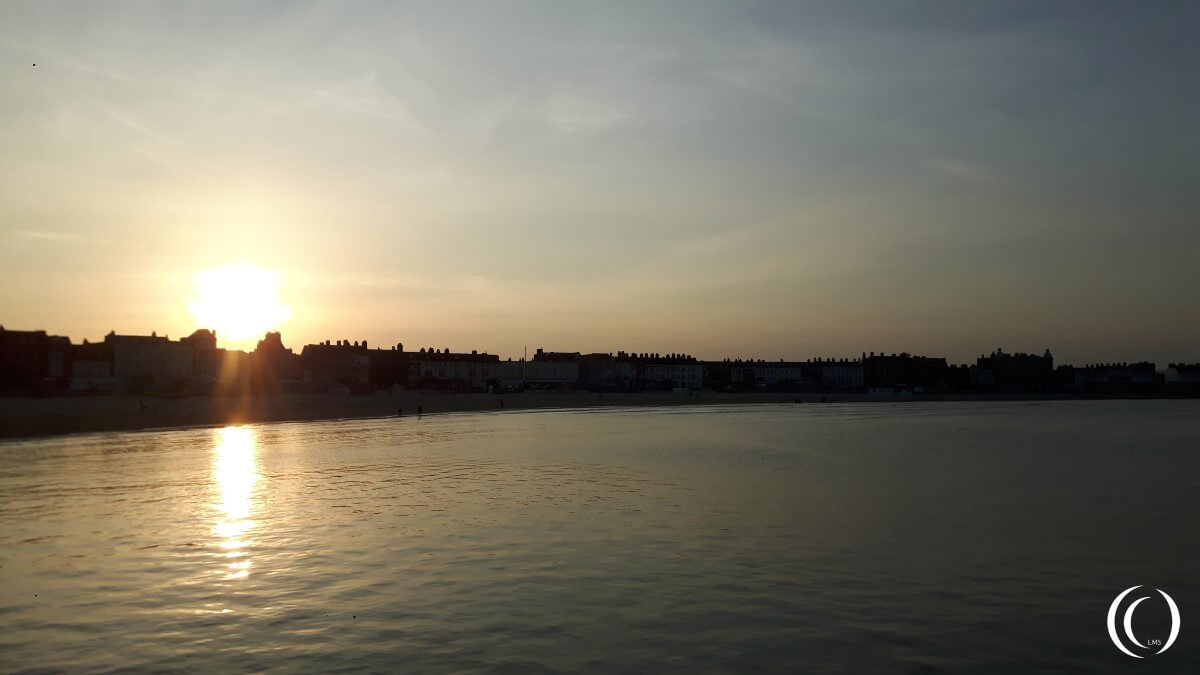
Weymouth during D-Day
At the Weymouth Sea side stands a cenotaph commemorating United States soldiers who left this harbour to fight on the landing beaches in France during D-Day. The Majority of the American assault force left from the Weymouth and Portland Harbours. Over 144.000 vehicles and over 517.800 troops left the harbours from the 6th of June to the 7th of May in 1944, many of the troops left from the Weymouth Pier. On the cenotaph are plaques and texts which refer to D-Day, to the Rangers who fought on Pointe du Hoc and the beaches and spearheaded the assault, to Exercise Tiger and to the sinking of the passenger ship Leopoldville.


Exercise Tiger
As part of the training for D-Day the British government set up an exercise, they chose the beaches at Slapton Sands, Devon in the bay of Lyme. The pebble stone beach had lots of similarities with the Utah beach in France. The three thousand residents of Slapton were evacuated for this training exercise which was given the name ‘Exercise Tiger’. The landing exercises started in December 1943 and it was one of the larger trainings that took place in April and May 1944. From 22 April until 30 April 1944 a real live training was scheduled with 30.000 troops, nine LST’s tank landing ships, live ammo, artillery bombardment and such. General Dwight Eisenhower wanted Exercise Tiger to be as realistic as possible to train and harden the troops for the real invasion in France.
On the morning of April the 27th Admiral Don P. Moon delayed the landings for one hour. Unfortunately not every craft received the order and the second wave came under friendly fire, taking the lives of about 450 men.


How Exercise Tiger turned into the Battle of Lyme Bay
On the day after the first landings, 28th of April, nine German fast attack E-Boats jumped into the theatre and immediately attacked the training fleet. Two ships were assigned to protect the exercise convoy, but the HMS Scimitar, a First World War corvette, was on its way to the harbour for repairs after it collided with an LST. HMS Saladin was dispatched as replacements but had not arrived on the scene. The corvette HMS Azalea was leading the LST’s in a straight line when the E-boats, who could gain speeds up to 80 km/h (54 mph) surprised the convoy in Lyme Bay. The E-boat patrol had left Cherbourg in France the evening before under command of Korvettenkapitän Bernd Klug.
In a short time the E-boats set LST-289 on fire, sunk the LST-507 by torpedo and sunk the LST531 by torpedo. The LST-511 was set on fire by friendly fire. The assault was short and swift, it ended when the remaining Allied ships fired back and the E-boats kept their distance. The assault took the lives of 749 lives according to the monument in Weymouth.


Troopship Leopoldville
On the cenotaph is a reference to the troopship Leopoldville. This passenger ship was finished in 1929 and was used for troop transport during the Battle of the Bulge. On Christmas evening of the 24th December in 1944 she was torpedoed by the U-boat U-486 only 5 miles from Cherbourg close to 18:00 pm, it happened on her 25th crossing, the Leopoldville had transported 120.000 troops before she was sunk. The Leopoldville took somewhere near 515 lives of the 2235 on board when she went down, another 248 died by drowning, hypothermia or injuries. The U-486 a VII-C type was later sunk near the coast of Norway. The memorial states the loss of 802 lives.
Visit
You find the memorial at the promenade in Weymouth.
